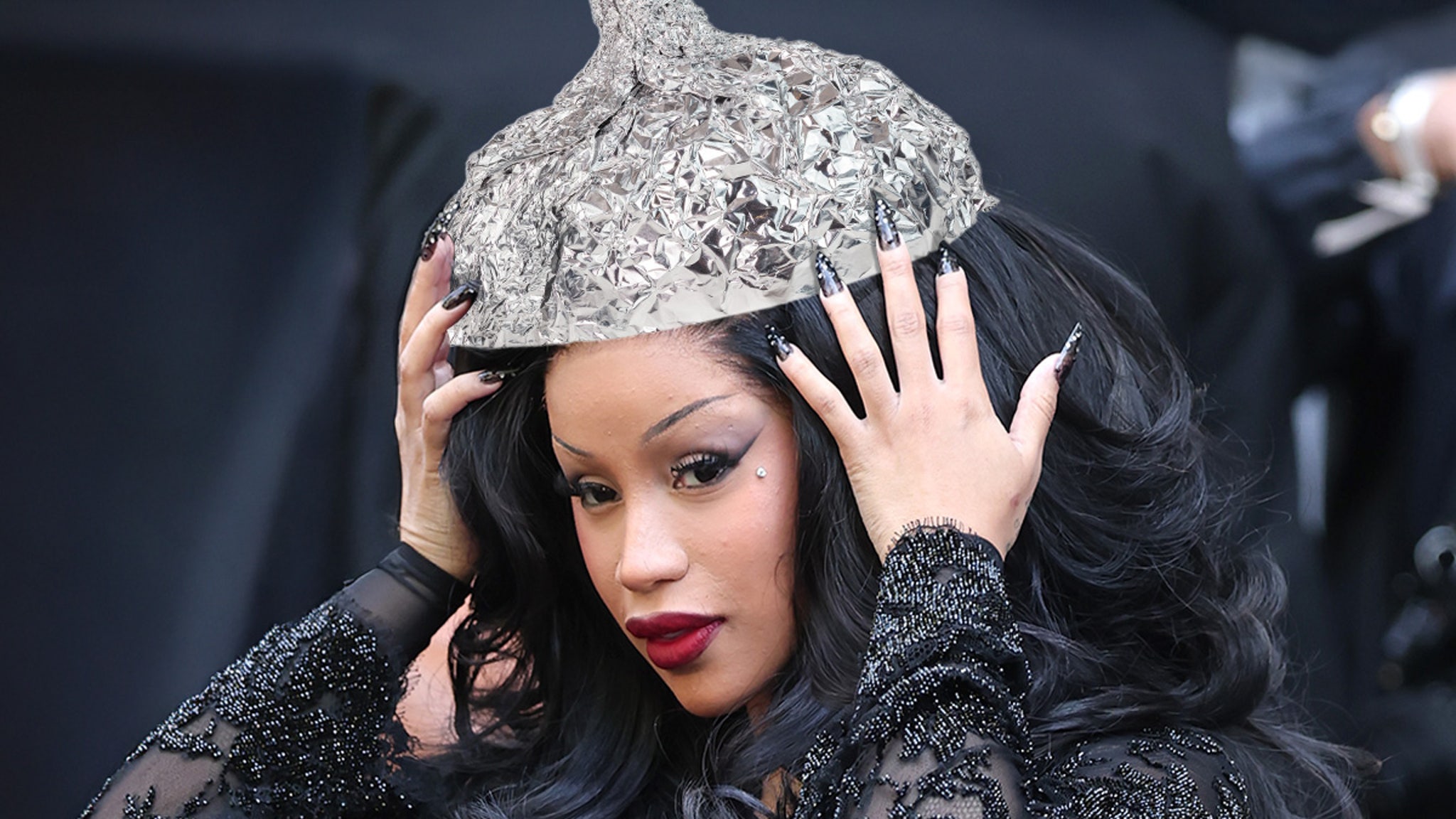Cardi B Sparks Debate with Claim That Phones Are Listening and Reading Minds
Los Angeles, CA – August 30, 2025, Grammy-winning rapper Cardi B ignited a social media firestorm with a provocative claim that smartphones are not only listening to users but may also be reading their minds. In a post on X on August 29, 2025, the artist, known for her candid style, wrote, “I’m really not trying to be a conspiracist but I’m starting to think these phones are not just listening to us.. they also reading our minds… government don’t come get me 😩.” The statement, shared with her millions of followers, quickly went viral, prompting widespread discussion about privacy, technology, and the eerie accuracy of targeted advertisements.
Cardi’s comments reflect a growing public unease about smartphone data collection, a sentiment echoed in numerous online forums. While she prefaced her statement with a disclaimer that she’s “not trying to be a conspiracist,” the rapper’s concerns resonate with many who have experienced ads for products they’ve only thought about, not searched or discussed aloud. In replies to her post, fans shared anecdotes of receiving ads for items like Hunter Douglas blinds or sunflower seed butter mere minutes after thinking about them, fueling speculation about advanced tracking technologies.
Although no definitive evidence supports the idea that phones can directly read thoughts, experts point to sophisticated data collection methods that create the illusion of mind-reading. Smartphones collect vast amounts of data through apps, search histories, location tracking, and even microphone access, which algorithms use to predict user preferences with startling accuracy. A 2023 NordVPN study found that 65% of Canadians are unaware of how to restrict their phone’s permissions, and 55% of Americans believe their devices are spying on them. Ultrasonic cross-device tracking, where apps detect inaudible high-frequency sounds to link user behavior across devices, has also raised privacy concerns.
Cardi’s remarks come amid her busy promotional schedule for her upcoming album, Am I the Drama?, set for release in late September 2025. The album, featuring the single “Imaginary Playerz,” has kept her in the spotlight, but her latest post has shifted attention to broader tech privacy debates. Some X users humorously asked AI assistants like Grok to explain whether phones could indeed read minds, while others referenced “simulation theory” to describe the uncanny ad experiences.
The rapper’s history of engaging with conspiracy theories—she previously claimed people were paid to report positive COVID-19 tests during the pandemic—adds context to her latest musings, though she remains cautious, jokingly pleading with the government not to “come get” her. Privacy experts suggest users can mitigate tracking by reviewing app permissions, using VPNs, and opting for privacy-focused browsers like Tor or DuckDuckGo.
As Cardi B’s comments continue to trend, they highlight a collective anxiety about digital surveillance, even if mind-reading remains in the realm of science fiction—for now. The discussion underscores the need for greater transparency in how tech companies handle user data, a topic likely to persist as Nigeria’s data center market, for example, grows from $278 million in 2024 to a projected $671 million by 2030, driven by increased cloud and data storage demands.
Sources: TMZ, Complex, Slate, Reddit, NordVPN
